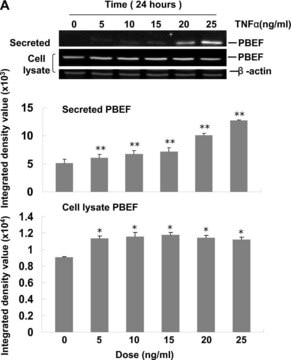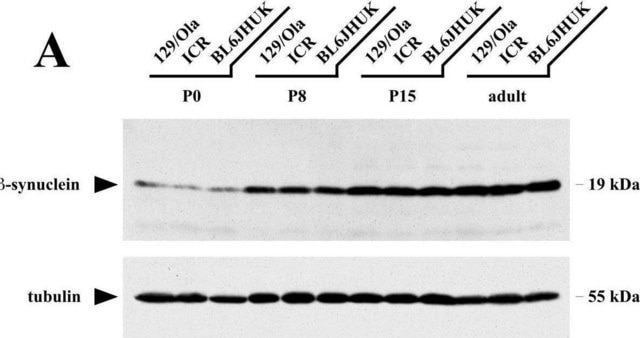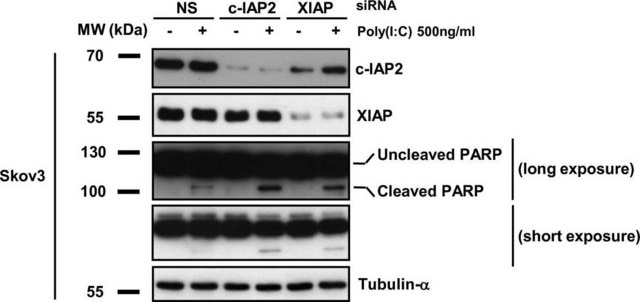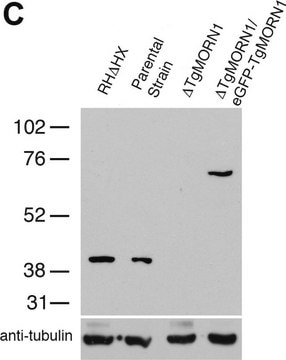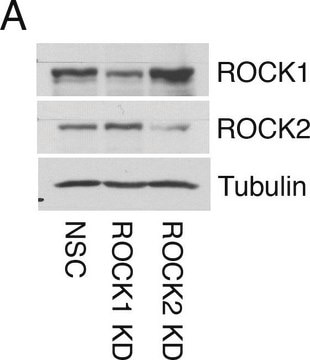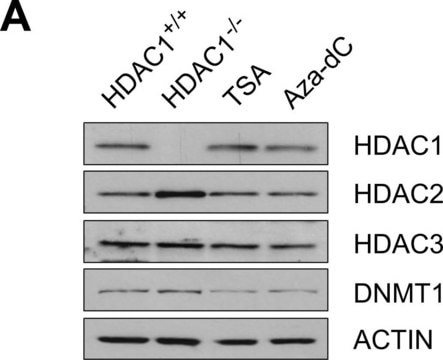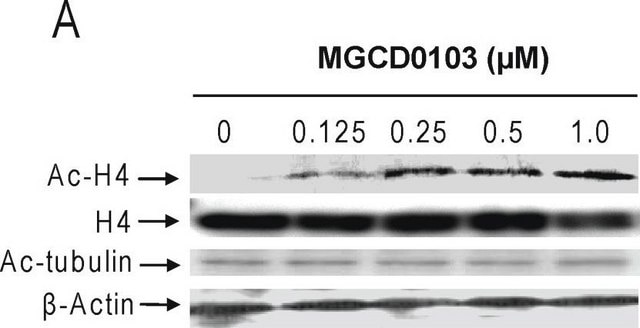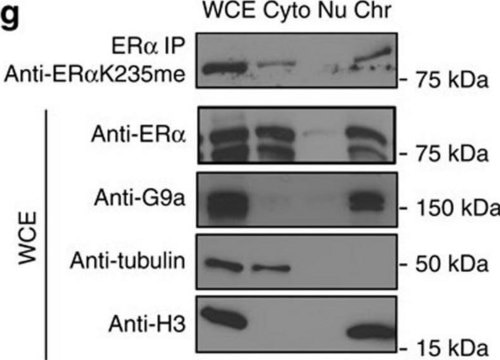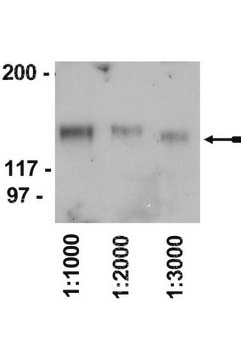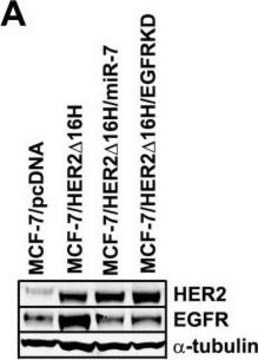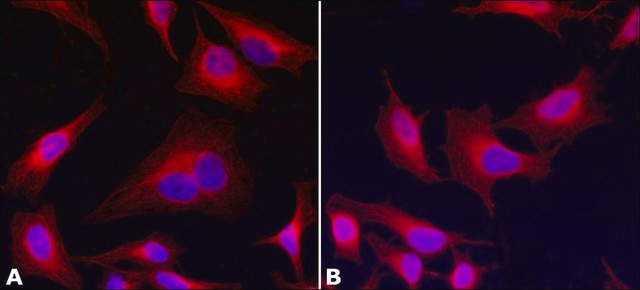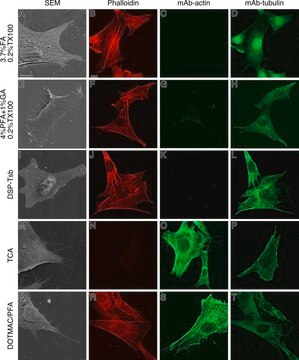SAB3500023
Anti-α-Tubulin from chicken
affinity isolated antibody, buffered aqueous solution
Synonym(s):
Anti-LIS3, Anti-TUBA1A, Anti-TUBA3, Anti-Tubulin alpha-1A
About This Item
Recommended Products
biological source
chicken
Quality Level
conjugate
unconjugated
antibody form
affinity isolated antibody
antibody product type
primary antibodies
clone
polyclonal
form
buffered aqueous solution
species reactivity
rat, human, mouse
technique(s)
indirect ELISA: suitable
western blot: suitable
NCBI accession no.
UniProt accession no.
shipped in
dry ice
storage temp.
−20°C
target post-translational modification
unmodified
Gene Information
human ... TUBA1A(7846)
General description
Immunogen
Application
Biochem/physiol Actions
Features and Benefits
Linkage
Physical form
Disclaimer
Still not finding the right product?
Give our Product Selector Tool a try.
related product
Storage Class
12 - Non Combustible Liquids
wgk_germany
nwg
flash_point_f
Not applicable
flash_point_c
Not applicable
Certificates of Analysis (COA)
Search for Certificates of Analysis (COA) by entering the products Lot/Batch Number. Lot and Batch Numbers can be found on a product’s label following the words ‘Lot’ or ‘Batch’.
Already Own This Product?
Find documentation for the products that you have recently purchased in the Document Library.
Customers Also Viewed
Our team of scientists has experience in all areas of research including Life Science, Material Science, Chemical Synthesis, Chromatography, Analytical and many others.
Contact Technical Service
